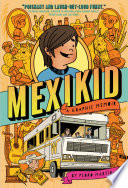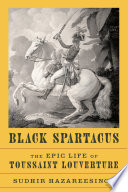Toussaint was also preoccupied by the forcible abduction of black citizens from Saint Domingue by slave-traffickers: in September 1801.... notably a resident of Cap called Bonhomme, who had been sold in Charleston, South Carolina. He called upon port authorities....to ensure that ships leaving the colony were not carrying men destined to a life of slavery [in the US]
Why am I surprised at awful behaviour of colonial states?































